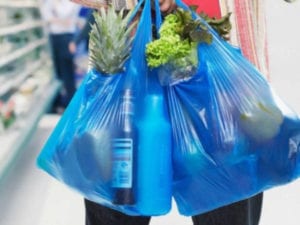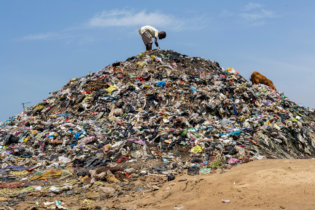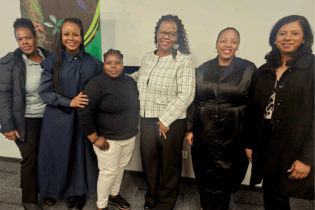“Looking back at the past 40 years, we stand amazed at the growth and many developments that have transpired in the industry. We have experienced many momentous occasions and highlights too many to mention, but we also had to learn how to roll with the punches.”
These were the sentiments shared on behalf of outgoing Plastics SA Chairman, Bernhard Mahl, on the occasion of the Association’s Annual General Meeting held in Midrand last week. The event was well attended by many of the industry’s stalwarts and influencers who have been involved in the local plastics industry since the early 1970’s. “Since its inception, the idea behind forming the Plastics Federation of South Africa (today known as Plastics SA) was to promote the interests of the entire local plastics industry, including the raw material manufacturers and importers, the converters and the machinery suppliers,” Mahl was quoted saying. The focus of establishing the Plastics Federation was to educate and train the industry, promote plastics and educate the public on issues such as reclamation and litter. Reporting on the successes achieved this past year, Plastics SA Executive Director Anton Hanekom made it clear that they have continued to meet these objectives during 2019, despite operating in a challenging business environment. “The year started off on an uncertain tone. The plastics industry was trying its best to counter the crippling effects of steep hikes in electricity prices, power outages, problems with supply, competition in a saturated market, higher operational costs, crippling wage negotiations and violent strike actions that had rocked the industry a few months before. At the same time, relentless criticism was being levelled against the use of plastics as demands to ban the use of single use plastics continued to grow louder and more intense,” Hanekom recounted. However, despite these obstacles, the plastics industry worked hard to find solutions to the issues at hand. Through the forming of The South African Alliance to End Plastic Waste in the Environment, they managed to unite all role players in the local plastics value chain around the issue of preventing and ultimately ending plastic pollution in the environment.Task teams were set up and objectives established aimed at addressing the problematic “single use” packaging by finding solutions and developing the best environmentally sustainable applications.
Plans to urgently increase the plastics recycling rates and make more products available with increased recycled content, were also set high on the agenda. “Retailers agreed to change their carrier bags from virgin to 100% post-consumer recycled content after months of lobbying and negotiations. At the same time, the bag manufacturers also agreed to improve the recyclability of their bags by reducing the filler content. Through design for circularity, new market development and developing better end-of-life solutions for plastic products, the industry was able to make concerted efforts to mitigate the environmental impacts caused by the improper and careless disposal of plastic products,” he said. Other highlights the local plastics industry achieved this past year include growing the domestic consumption of plastics by 4.9 % from 2017, but also recording an impressive 6.7 % year-on-year growth in plastics recycling. 46.3 % of all plastic waste was recycled last year, and the industry is aiming to increase this to 48 % by the end of this year. Focus for 2020 will continue to be on preventing plastic waste Hanekom stressed that their focus for 2020 will continue to be on preventing plastic waste from ending up in the environment through effective packaging design, implementing strategies that will minimise waste completely and ultimately ensuring that as much plastic is recycled as possible. “Looking back at the last 40 years, it is interesting to note that inasmuch as many things have changed, a lot has also stayed the same. Today we salute the generations of pioneers and visionaries that have gone before us, and welcome the new generation of leaders that will follow in our footsteps. Rest assured that our focus will continue to be on growing and protecting the industry, ensuring top calibre staff through ongoing training and education and keeping the public informed on the use, versatility and recyclability of plastics. “We go about our daily business with the full knowledge that our actions today have the potential to change history and leave a lasting legacy for generations to come. We will do this through harnessing the power of plastics – the wonder material of the 21st century!”, he concluded.






